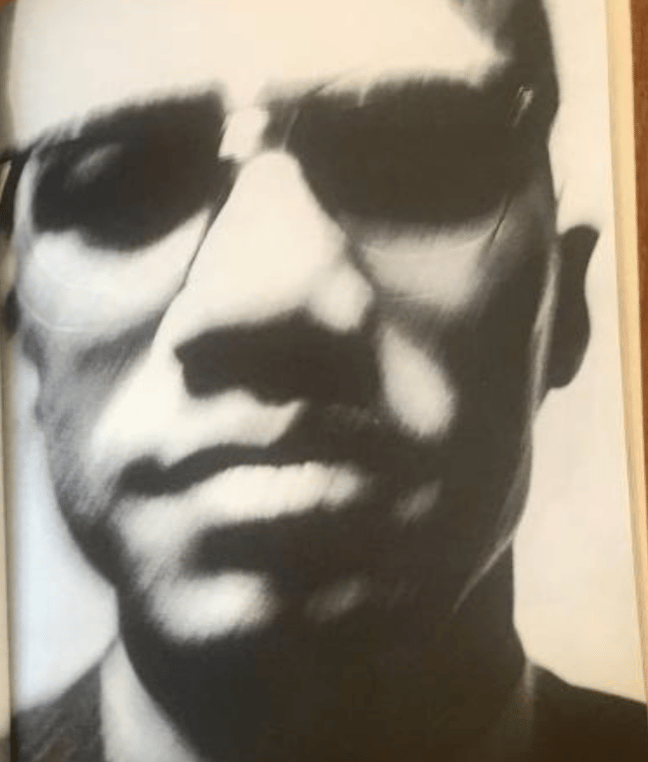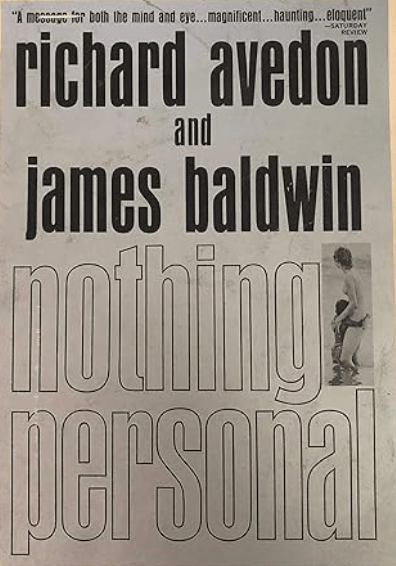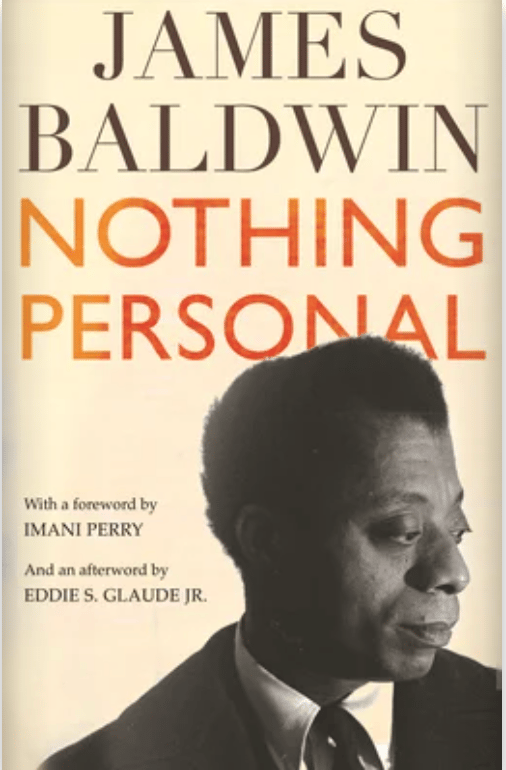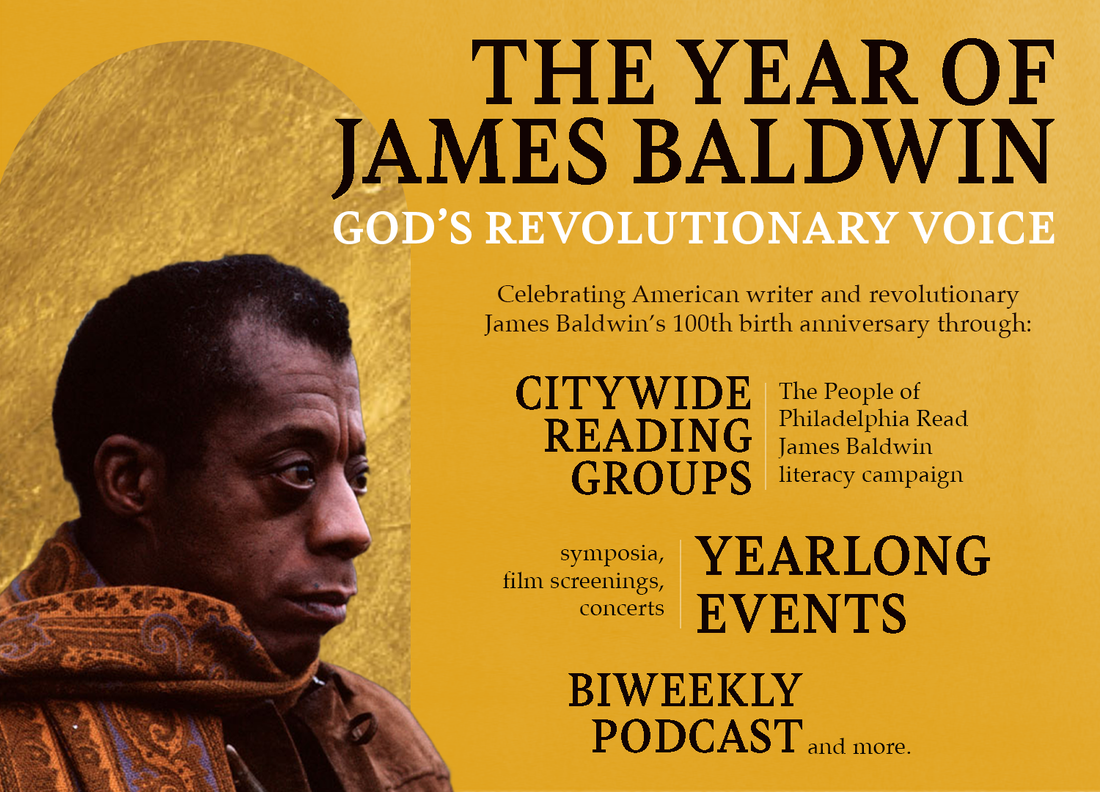You’re reading How to Live—an inquiry into the psychological forces that shape us, and how to stop being run by them.
Through deep research, personal storytelling, and hard-won insight, I challenge the myth of normalcy and offer new ways to face old struggles.
This work is reader-supported. If it speaks to you, consider a paid subscription for deeper insight, off-the-record writing, and seasonal in-person gatherings.
You can also donate any amount.
If You’re Trying to Avoid Reality, How Can You Face Your Life?
The literary icon, civil rights activist and glorious public orator, James Baldwin, would be 100 years old this Friday, August 2nd, 2024.
I have been a “Baldy” (Trademark Pending!) since 1985, when I was assigned Go Tell it On the Mountain, Notes to a Native Son, and The Fire Next Time in the 10th grade.
Baldwin believed, as I do, that we cannot change what we don’t face.
For the uninitiated, Baldwin was an American-born intellectual whose novels, poems, essays, dialogues, and debates explore the societal conditioning of hierarchical structures based on race, sexuality, and class.
As a black, gay intellectual in 1940s America, Baldwin was an outcast his entire life.
He consistently argued that the issue of race was at the core of America's identity and its most pressing moral challenge. He believed that until the country honestly faced its history of racism and its ongoing impact, it could not truly progress or fulfill its democratic ideals.
We have, as it seems to me, a very curious sense of reality—or, rather, perhaps, I should say, a striking addiction to irreality.
I have no God, no spiritual or mystical calling, but my core beliefs are centered around a concept that comes from both psychology and Buddhism: Suffering comes when we push back against reality, pretending what’s true isn’t.
When we avoid facing what must be confronted to control our emotions, we soon realize that the invisible forces we fear control us.
This is one theme Baldwin wrote about.
“To be locked in the past means, in effect, that one has no past, since one can never assess it, or use it: and if one cannot use the past, one cannot function in the present, and so one can never be free. I take this to be . . . the American situation in relief, the root of our unadmitted sorrow. These particular people are trapped in a history they refused to know but carry within them. The terrors and panic they experience have everything to do with the gap between who they imagine themselves to be and who, deep down, they really are.”
What’s astonishing about Baldwin’s work is that it’s both timely and timeless. His work is in constant engagement with readers, and across all these decades, his thoughts on modern alienation and the uniquely American madness of white supremacy are still painfully relevant.
Most of his work is widely read and primarily well-known. But there are a few hidden gems.
Today I give you two of them.
In 1964, Baldwin and the legendary photographer Richard Avedon, a friend since high school, published a collaborative book called Nothing Personal. The book took on the state of race in America, Identity, structural inequities, and the psychological disease that creates a sick society, and a call to learn how to love ourselves, our children, our friends, our neighborhoods, and our country.
Through text and photos, they exposed the contradictions of American life, juxtaposing patients in a mental institution with pop stars of the same period.
The book was controversial.
“When first published in 1964, Avedon and Baldwin’s vision of America was controversial, and both men endured harsh criticism for being liberal elites and ‘Hollywood moralists’ who were not representing the true feelings of ‘real’ Americans.” Sound familiar? (from a summary of the book).
It was faithfully reprinted out of print for many decades in 2017, followed by a standalone book of Baldwin’s 4-part essay (minus photographs).
Baldwin’s essay is, naturally, a critique of society, in service of exposing injustice and highlighting divisions.
In the introduction to Andrew Solomon’s monumental book Far From the Tree, he declares that difference isn’t what sets us apart; it’s what unites us.
In an echo from decades earlier, Baldwin said the same about suffering.
“Your suffering does not isolate you; your suffering is your bridge.”
James Baldwin understood the lies we tell ourselves in order to live. Our discomfort and inability to face reality, to tangle with what’s in front of us, and to confront our detrimental contributions to society are what kill us.
“…afraid to reveal ourselves because we trust ourselves so little. We lie about our virtue. We lie about our history to conceal our torment. In effect, Baldwin declared, we live by lies. And those lies extend beyond matters of race and cut to the heart of our self-conception.

Malcolm X portrait by Richard Avedon
…people are caught in a kind of vacuum between their present and their past—the romanticized, that is, the maligned past, and the denied and dishonored present. It is a crisis of identity. And in such a crisis, at such a pressure, it becomes absolutely indispensable to discover, or invent . . . the stranger, the barbarian, who is responsible for our confusion and our pain. Once he is driven out—destroyed—then we can be at peace: those questions will be gone. Of course, those questions never go, but it has always seemed much easier to murder than to change. And this is really the choice with which we are confronted now.
Baldwin understood that what we don’t face, we perpetuate, and he was consistent in his calls for America to do just that—to face its history.
He knew the psychological impacts of avoidance led to increased anxiety, reinforcement of fear, emotional suppression, cognitive dissonance, stunted personal growth and the obvious negative escalation of long-term detrimental effects on emotional well-being, mental health, personal development and relationships.
In 1979, thirteen years after Nothing Personal was published, 20/20 did an in-depth profile of James Baldwin.
In his conversation with correspondent Sylvia Chase, Baldwin discussed the racism he endured growing up as a Black man in America and the impact this hatred had on the perpetrators.
He also delved into societal views on LGBTQ individuals and their self-perceptions.
Despite its important message, the profile was never broadcast.
Joe Lovett, who created the segment, was told, “Who wants to listen to a Black, gay has-been?”
Burying what Baldwin had to say is part of how people push back against reality when they don’t want to know a truth that implicates them.
The American sense of reality is dictated by what Americans are trying to avoid…and if you’re trying to avoid reality, how can you face it?
You can watch the buried piece here.
Facing reality is hard, but avoiding it makes life much more complicated in the long run.
And if you live in Philly, here’s a yearlong treat for you!
Until next week, I will remain…

Amanda
P.S. Thank you for reading! This newsletter is my passion and livelihood; it thrives because of readers like you. If you've found solace, wisdom or insight here, please consider upgrading, and if you think a friend or family member could benefit, please feel free to share. Every bit helps, and I’m deeply grateful for your support. 💙
Quick note: Nope, I’m not a therapist—just someone who spent 25 years with undiagnosed panic disorder and 23 years in therapy. How to Live distills what I’ve learned through lived experience, therapy, and obsessive research—so you can skip the unnecessary suffering and better understand yourself.
Some links are affiliate links, meaning I earn a small commission at no extra cost to you. Every bit goes straight back into supporting this newsletter. Thank you!






 Upgrade
Upgrade